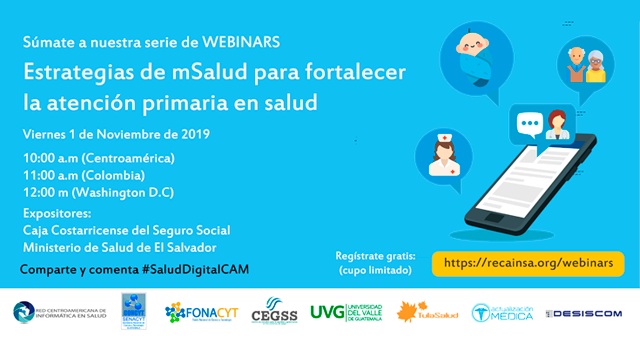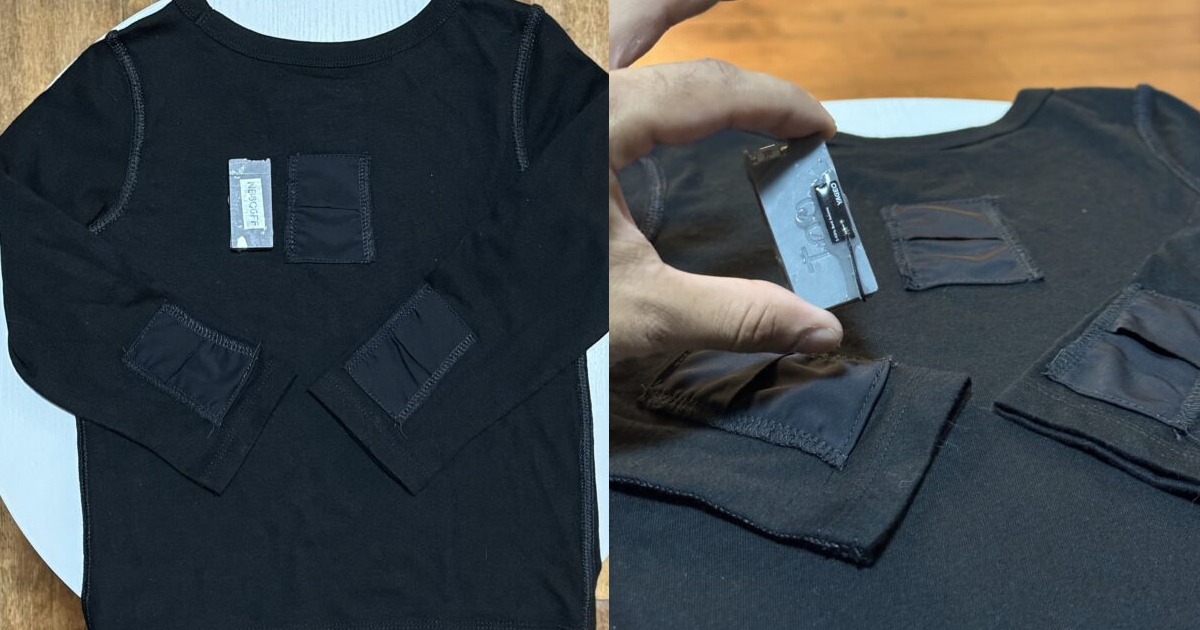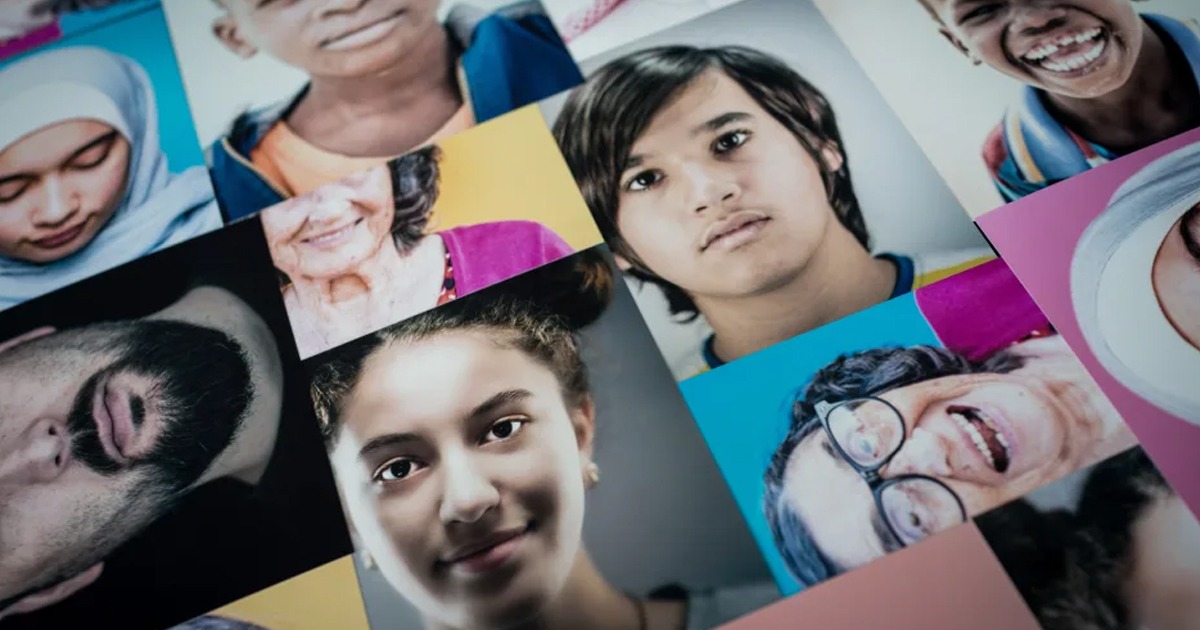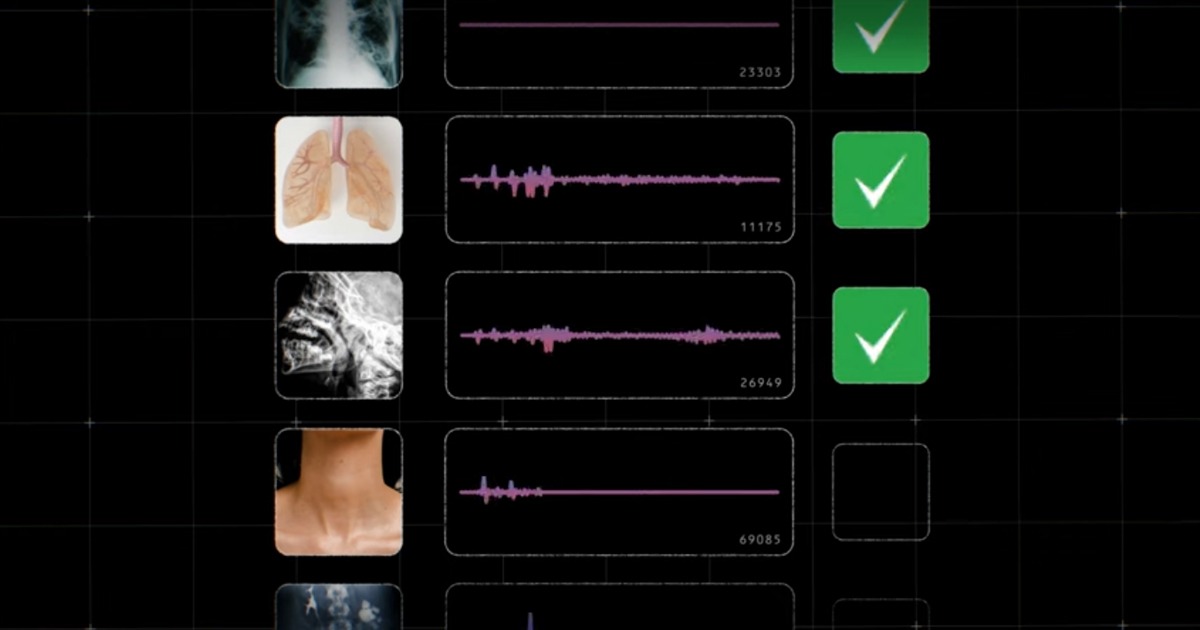The first vaccines have begun to be applied and a long period of vaccination is approaching. Governments and private companies are already developing mobile applications for the identification of people who have been vaccinated, which has been called the "immunization passport". The World Health Organization, for its part, has called for the creation of a group of experts to develop a Smart Yellow Card.
The possibility of having a valid digital document that allows confirming that the user has been vaccinated against COVID-19 is open. It is important to achieve verification of the vaccinated persons in short term, because the vaccination processes are expected to take some months, even years. In view of the multiple vaccines that are being developed and that will start to be applied, this digital verification process could become difficult. Especially because some vaccines require several doses to achieve the expected effectiveness.
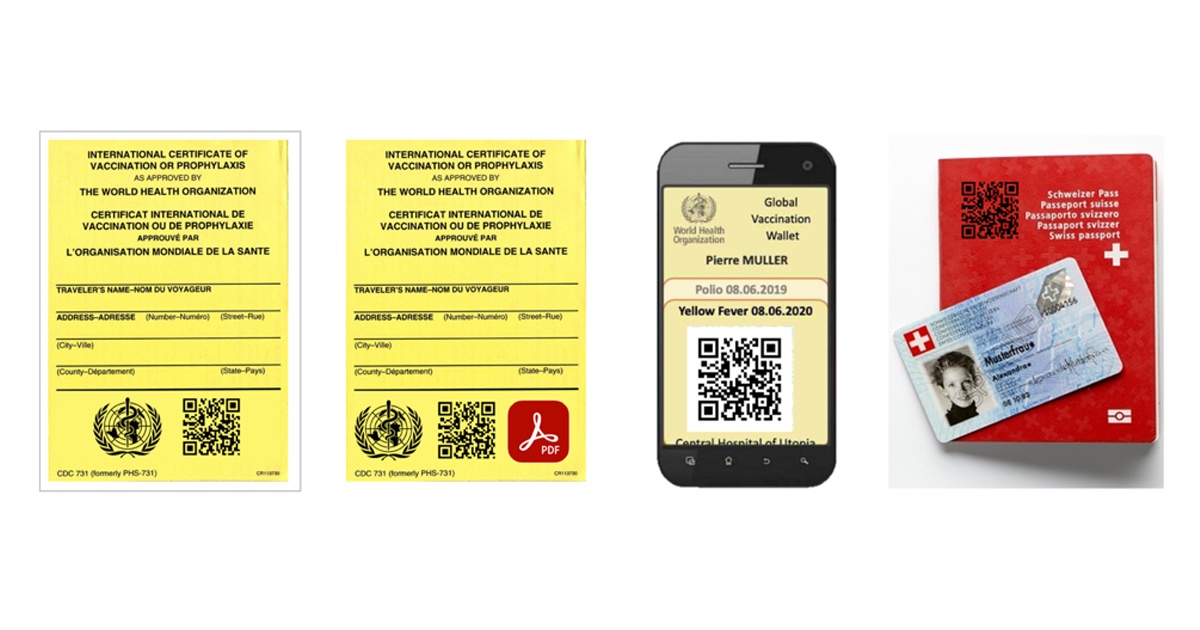
There are several proposals for this type of "passport" that can be valid locally, nationally and internationally, for potential mass use. This strategy would be similar to the International Certificate of Vaccination , a vaccination registry or Carte Jaune, (yellow card), implemented by the World Health Organization (WHO). This certificate is used to confirm the yellow fever vaccines for travelers, since it is the only vaccine that countries can require as a condition to enter their territory.
However, this type of physical certificate is usually not completely reliable due to its easy falsification. That is why a digital certification system is more feasible for this strategy, since in addition to offering security against possible falsification, it would also protect the user's data.
immunization records COVAXvaccination records can be adopted by governments or they can develop their own schemes. China, Canada and India have already begun to develop strategies to digitally identify people with immunity to COVID-19. China proposes QR codes, while Canada has a free digital vaccination registry, but it is hardly used, as it only has 100,000 users, which could change with the arrival of the vaccine.
For its part, WHO has called for the creation of a working group for a smart version of the Carte Jaune, “A multi-sectoral consortium focused on supporting a governance model, joint learning, and key standards for a digital smart yellow card and trusted architecture to support roll out of the anticipated COVAX, and application to other routine immunisation systems,” as described by WHO in the statement.
“The Smart Vaccination Certificate consortium will bring together experts to focus on defining specifications and standards for a digital vaccination certificate that would serve current and future requirements”. This strategy, aims to facilitate the monitoring of national vaccination programs and support measures designed for a potential future cross-border use in which the COVID-19 vaccine would be included in an updated version of the International Health Regulations.
